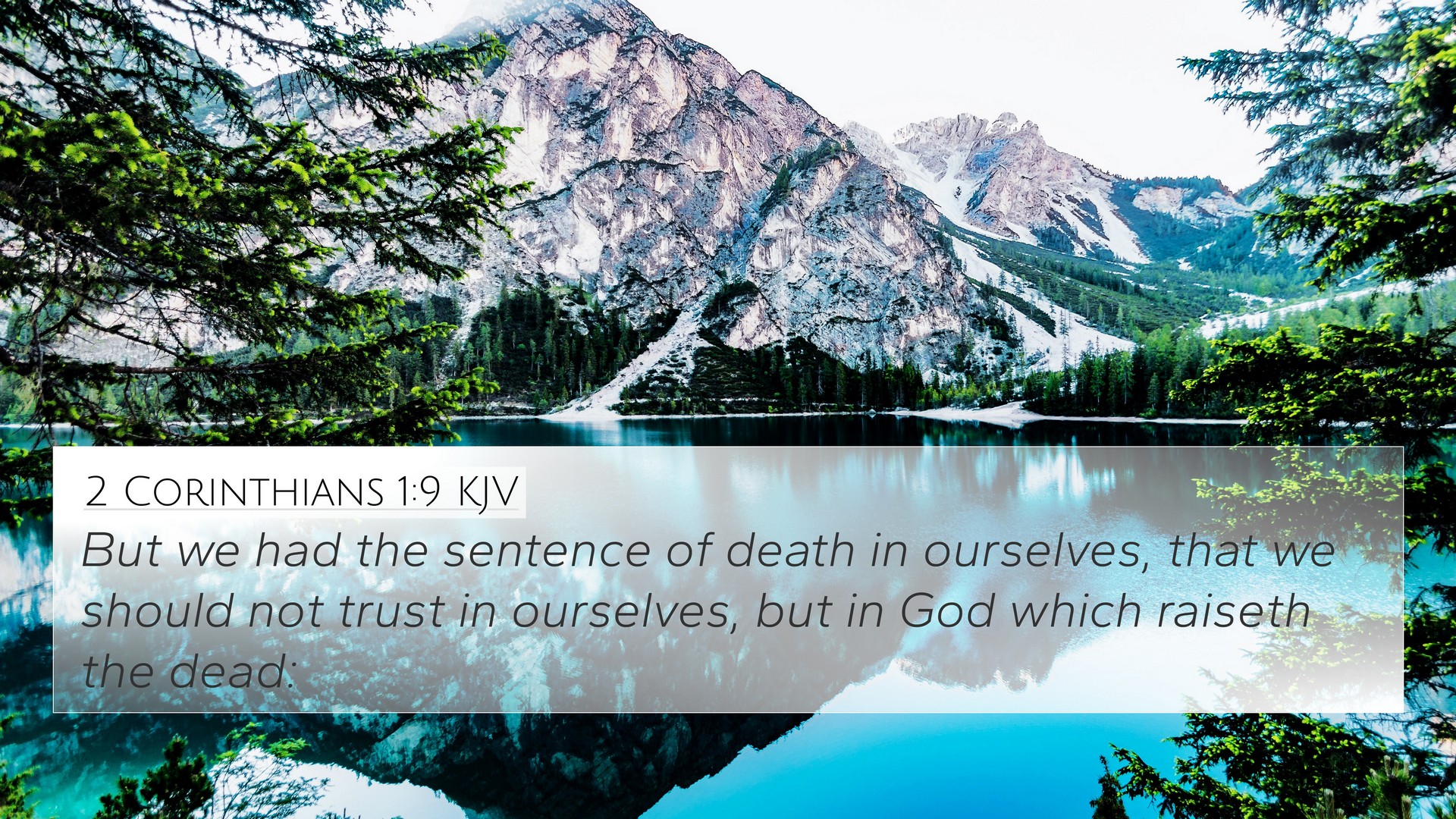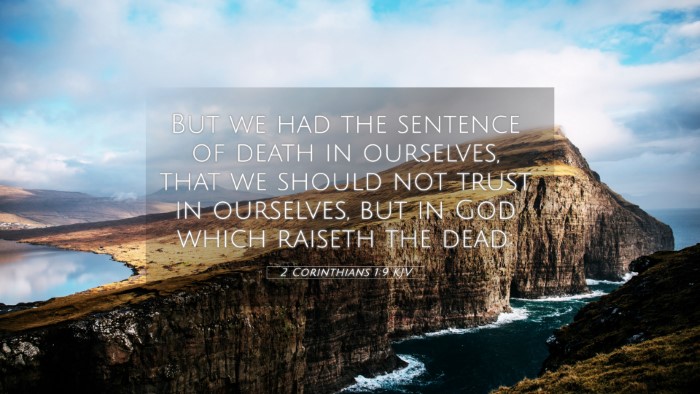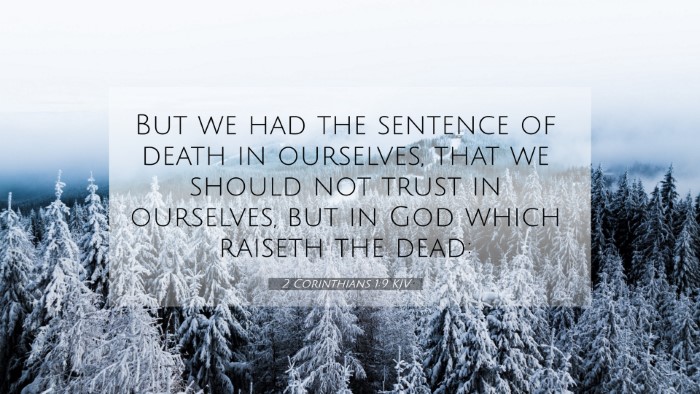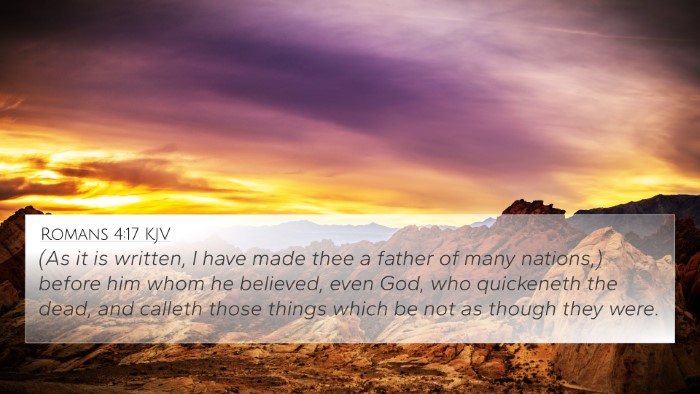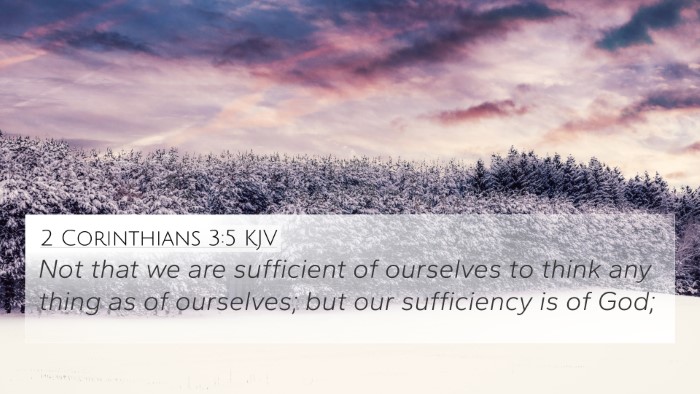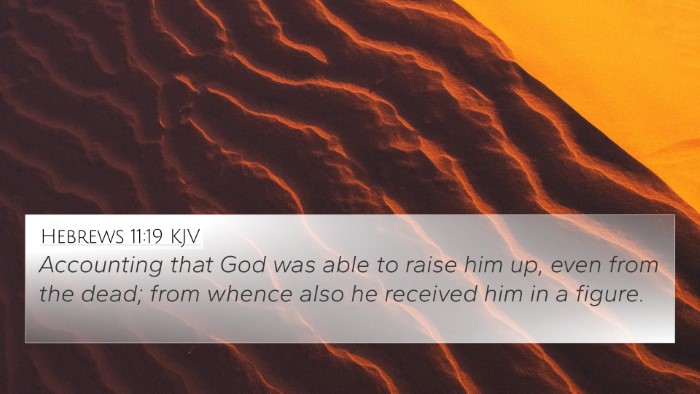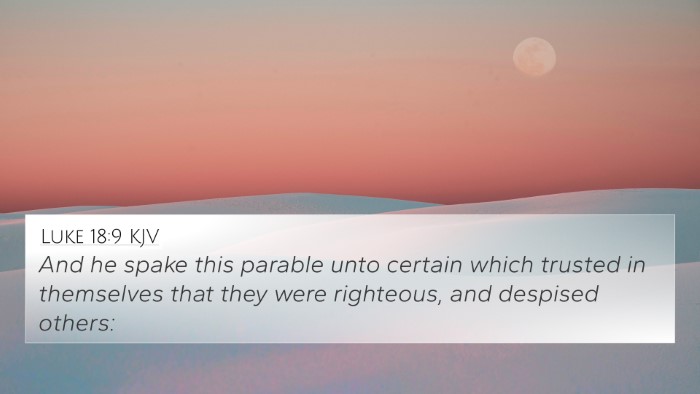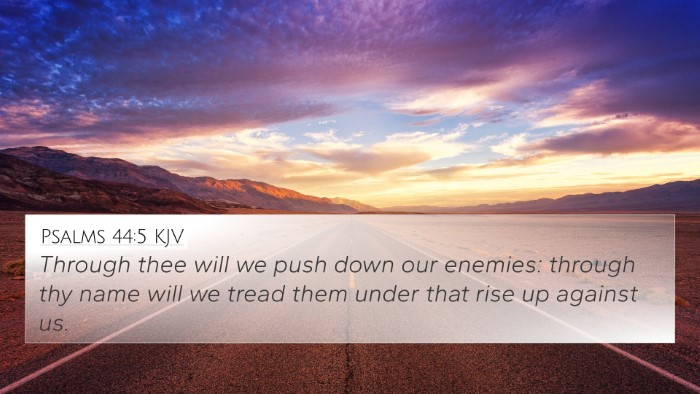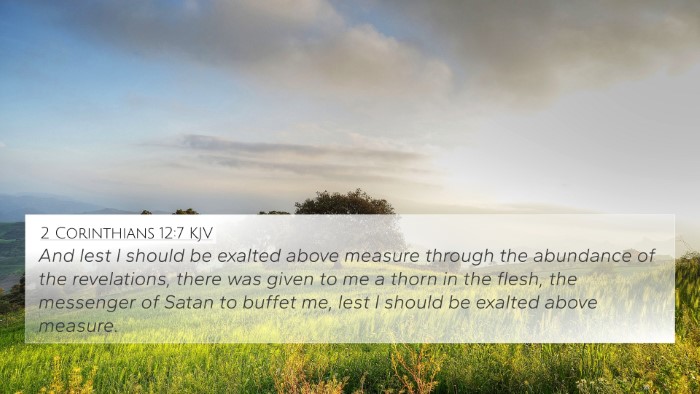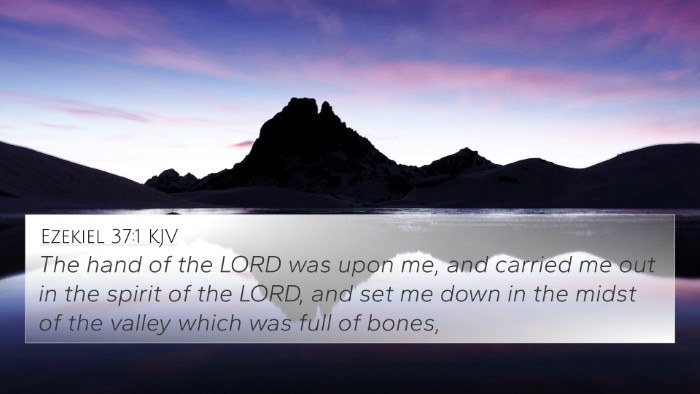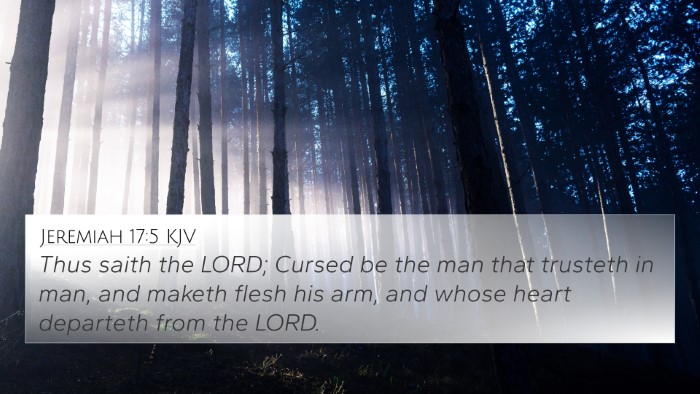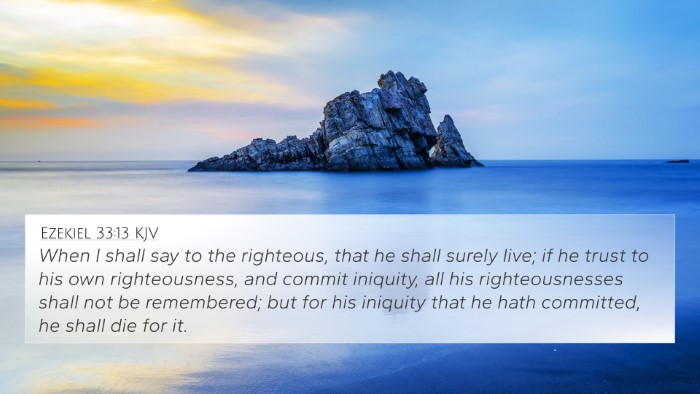Understanding 2 Corinthians 1:9
2 Corinthians 1:9 states, "But we had the sentence of death in ourselves, that we should not trust in ourselves, but in God which raiseth the dead." This verse encapsulates a profound spiritual lesson about reliance on God in the face of dire circumstances.
Verse Meaning and Insights
This verse reflects the Apostle Paul's experiences and the trials faced by the early church. Through various public domain commentaries, we can draw deeper meanings and connections to Scripture.
Matthew Henry's Commentary
Henry elaborates on the concept of despair faced by Paul and his companions. He highlights that their suffering was so great they felt they were already sentenced to death. This sense of hopelessness, however, was a means to lead them to trust not in themselves but in God, who has the power to raise the dead. Henry emphasizes:
- Reliance on Divine Power: Paul teaches that human strength is insufficient, underscoring the necessity of turning to God in moments of despair.
- Spiritual Growth Through Trials: Adversity becomes a teacher, molding character and faith.
- Hope in Resurrection: The implication of God's power over death offers profound comfort.
Albert Barnes' Notes
Barnes provides another dimension, suggesting that the 'sentence of death' refers not just to Paul's physical peril but also to a mental and emotional state of feeling overwhelmed. Barnes points out:
- Contrast Between Weakness and Divine Strength: The situations they faced served to lead them away from self-sufficiency to a deeper reliance on God.
- Hope Beyond Earthly Trials: The knowledge that God can resurrect provides a strong antidote to fear.
- Affliction as a Path to Trust: The trials acted as a catalyst to explore a deeper faith.
Adam Clarke's Commentary
Clarke emphasizes the personal nature of this experience for Paul. He asserts that the 'sentence' led to a state of complete reliance on God. Some of his key points include:
- Experiential Faith: Paul’s ordeal allowed him to experience the true character of God as a deliverer.
- Universality of Suffering: Clarke notes that every believer faces trials that serve to direct them to God.
- Testimony of God's Deliverance: The outcome of such trials bolsters the faith of others.
Scriptural Cross-References
2 Corinthians 1:9 resonates with several other Scripture passages, illustrating the interconnectedness of the Biblical narrative. Some key cross-references include:
- Psalm 34:18: "The LORD is near to the brokenhearted and saves the crushed in spirit." - Reflecting God's comfort in suffering.
- Isaiah 41:10: "Fear not, for I am with you; be not dismayed, for I am your God." - Assurance of God's presence during trials.
- Romans 8:28: "And we know that in all things God works for the good of those who love him." - God's sovereignty in our hardships.
- Philippians 4:13: "I can do all things through Christ who strengthens me." - Highlighting reliance on divine strength.
- 2 Timothy 1:12: "For this reason, I also suffer these things; nevertheless, I am not ashamed..." - Embracing suffering for Christ.
- 1 Peter 5:10: "And after you have suffered a while, the God of all grace... will perfect, establish, strengthen, and settle you." - Hope in restoration after trials.
- Hebrews 11:35: "...others were tortured, not accepting deliverance, that they might obtain a better resurrection." - Linking suffering with future hope.
Thematic Connections
This verse and its related references create a thematic tapestry that believers can explore for encouragement and guidance when facing their struggles:
- God's Faithfulness: Emphasizing that amid trials, God's faithfulness is constant.
- Resurrection Hope: Many verses point towards the hope of eternal life and resurrection.
- Suffering and Comfort: The theme of comfort in suffering appears frequently, illustrating God's compassion.
Conclusion
2 Corinthians 1:9 serves as a powerful reminder that our toughest challenges are opportunities to rely on God's strength. Paul’s declaration of despair eventually leads to a revelation of divine deliverance, echoing through numerous passages across Scripture. Understanding these connections is invaluable for any believer seeking to deepen their faith and apply God’s teachings in their lives.
Tools for Further Study
To dive deeper into the connections between Bible verses, consider utilizing:
- Bible Concordance: Useful for locating terms and references throughout Scripture.
- Bible Cross-Reference Guide: A structured approach to exploring related passages.
- Comprehensive Bible Cross-Reference Materials: Assisting in thematic and contextual studies.
- Cross-Referencing Bible Study Methods: Techniques to identify interconnections effectively.
- Bible Chain References: Following threads of similar themes or messages throughout the Bible.
Further Study Suggestions
For those interested in exploring more about how to find cross-references in the Bible, here are some great starting points:
- Identifying connections between Old and New Testament teachings.
- Detailed comparative study of Pauline epistles and their unique themes.
- Exploring inter-Biblical dialogue and connections aimed at sermon preparation.
